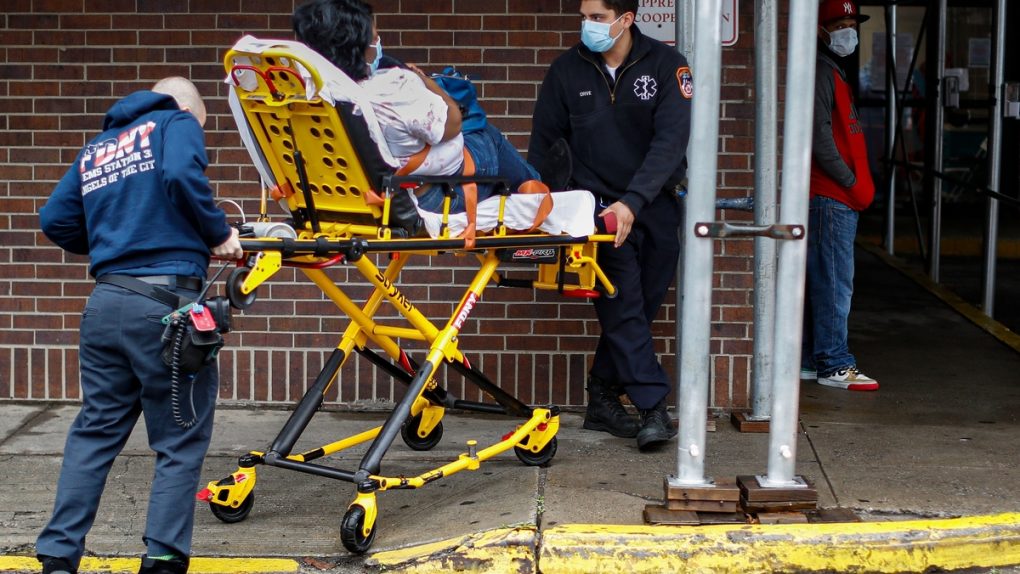- Hydroxychloroquine and chloroquine are two of the most frequently discussed anti-COVID-19 drugs, thanks to President Trump’s repeated enthusiastic remarks about them.
- The anti-malaria treatment has heart-related side-effects, and new coronavirus research shows these issues can be fatal in COVID-19 patients.
- A study from Brazil revealed that chloroquine use can be deadly in high doses, while new research from France also detailed severe incidents related to hydroxychloroquine use.
- Visit BGR’s homepage for more stories.
“What do you have to lose?” President Trump repeatedly asked a few days ago when he addressed questions about the use of hydroxychloroquine as a treatment for the novel coronavirus, saying that in some cases “they’re in bad shape.” This wasn’t the first time the president advertised the anti-malarial enthusiastically, seeing the drug as a potential miracle cure for the new illness.
The answer to his question is simple, but unsatisfying: You might die. It turns out that COVID-19 patients who were part of studies in Brazil and France died after the use of the hydroxychloroquine in trials, or experienced serious cardiac side-effects.
Trump said in previous remarks that the malaria drug has been around for a long time, “so it’s tested in the sense that you know it doesn’t kill you.” That is a valid point. The drug has been tested, and it won’t kill you if you listen to you doctor. At least one person in the US has died after attempting to procure the drug without being prescribed, and his wife ended up in the hospital. Nigeria has reported cases of chloroquine poisoning as well.
This type of anecdotal evidence is just as good as the evidence from France that says the drug works against COVID-19. But it turns out that France already has more facts on the drug, and they aren’t all promising. The country reported 43 cases of heart incidents following hydroxychloroquine treatment in COVID-19 patients. In total, France recorded 100 health incidents and four deaths linked to hydroxychloroquine and another drug tested for use in fighting COVID-19. 82 of the incidents were serious, Bloomberg reports. They were split between hydroxychloroquine and HIV antivirals lopinavir-ritonavir.
The French researcher who penned the first study detailing the success of the anti-malarial drug was criticized by the scientific community, as he did not use a control group. Didier Raoult said there was no need for a placebo group to draw conclusions.
Researchers in Brazil followed this procedure in a small study, but that’s because Brazil’s COVID-19 guidelines recommend the use of chloroquine. The doctors divided a group of 81 people into two cohorts. One received a higher dose of chloroquine, while the other group got a smaller dose. All of them also got azithromycin, the other drug you may have heard of on TV.
About half of the participants were given 450mg of chloroquine twice a day for five days, while the rest received two 600mg doses for 10 days. Doctors started noticing heart arrhythmias in the second group after three days. By the sixth day, 11 patients had died, The New York Times reports. As a result, the researchers stopped the high-dose segment of the trial.
As for the lower dose, the researchers said they did not have enough patients to conclude if chloroquine was effective in patients with a severe case of COVID-19. More research on the matter is required, including the use of the drug earlier in COVID-19 therapy. The study is available here, and still needs to be peer-reviewed.







